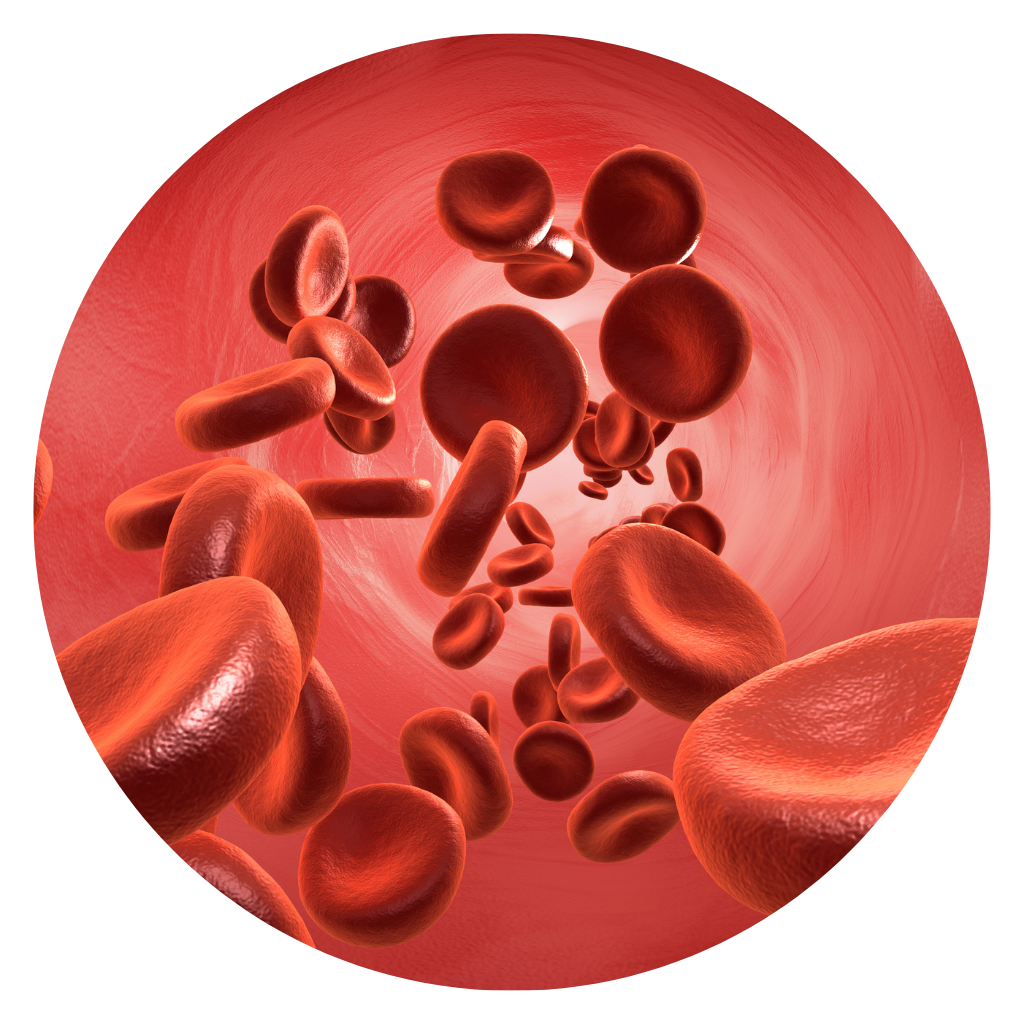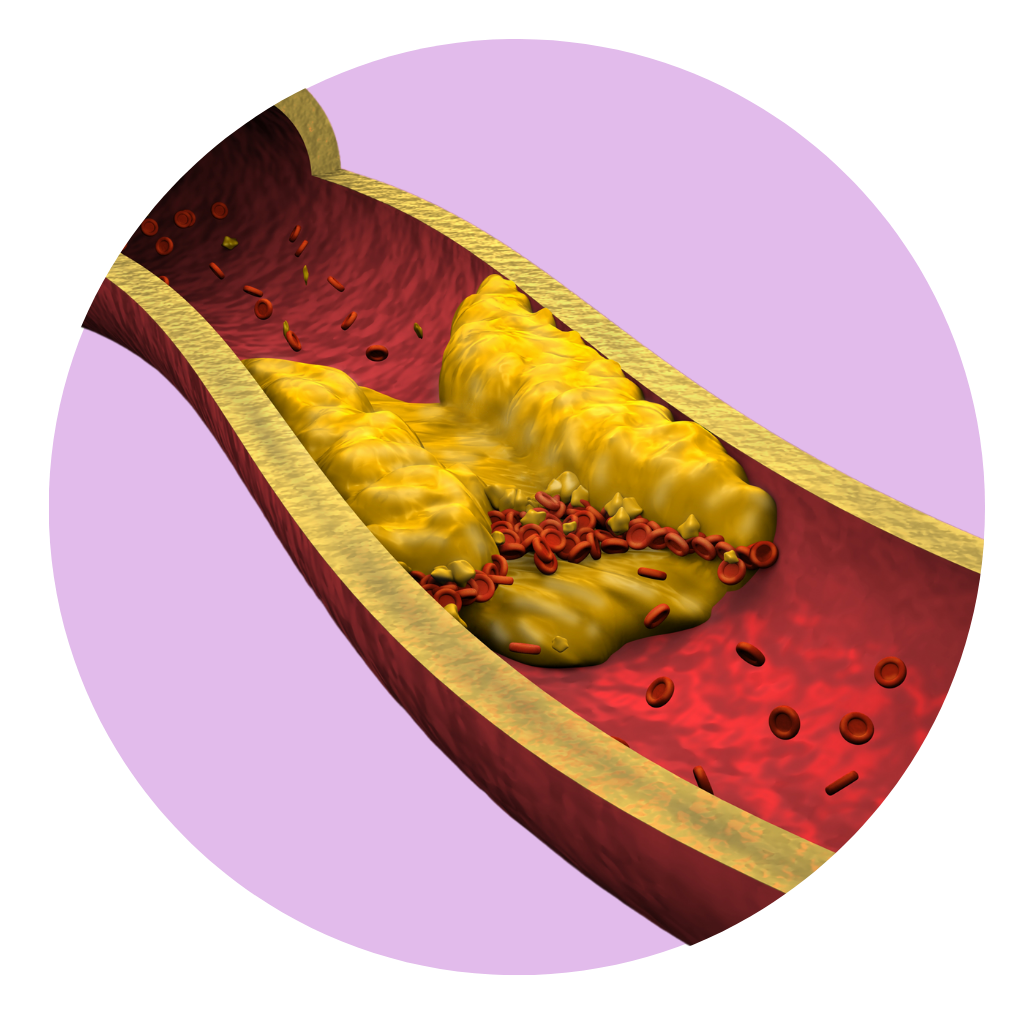Hypertriglyceridemia Clinical Trials
Advancing Research for Better Health

Clinical trials are the key to medical progress, giving us answers to what works and how to treat hypertriglyceridemia—a condition where triglyceride levels are too high and a major health risk. At FOMAT Medical Research, we drive innovation and deliver results for patients worldwide.
Understanding Hypertriglyceridemia and Its Impact on Health
What is Hypertriglyceridemia?
Hypertriglyceridemia is a condition where triglycerides are too high in the blood. Triglycerides are a type of fat used for energy storage and metabolic function. When levels get too high, they become harmful and can cause severe health problems like cardiovascular diseases, pancreatitis and other metabolic disorders. Hypertriglyceridemia often goes unnoticed until it causes major health problems, so early diagnosis and management are key.
Risk Factors and Causes
Several things can contribute to hypertriglyceridemia:
- Genetics: A family history of hyperlipidemia or metabolic syndromes increases the risk. Certain genetic mutations can cause hereditary forms of hypertriglyceridemia, which are hard to manage.
- Lifestyle: Diet plays a big role. A diet high in saturated fats, trans fats and simple carbohydrates and a sedentary lifestyle can cause high triglyceride levels. Excessive alcohol consumption is another common factor.
- Underlying Conditions: Conditions like obesity, type 2 diabetes, hypothyroidism and kidney disease can worsen triglyceride levels. Certain medications like corticosteroids and beta-blockers can also cause the condition.
These factors highlight the need for a holistic approach and research to manage this condition.

Clinical Trials for Treating Hypertriglyceridemia
Why Join Hypertriglyceridemia Clinical Trials?
Joining clinical trials gives patients and the medical community:

Access to Cutting-Edge Treatments:
Patients get to try new treatments and medications not yet available in the market.

Full Health Monitoring
Patients get to try new treatments and medications not yet available in the market.

Contributing to Medical Progress:
By joining, individuals help advance medical science and pave the way for better treatments and health outcomes for future generations.
Phases of Hypertriglyceridemia Clinical Trials
Clinical trials go through different phases, each designed to answer specific questions about the treatment:

Phase I
Focuses on safety, a small group of participants to determine the right dose and identify potential side effects.

Phase II
Evaluates the treatment in a larger group of participants while still monitoring safety

Phase III
Larger groups, this phase compares new treatments with existing treatments to determine which is more effective.

Phase IV
After regulatory approval, these studies evaluate the long-term safety and effectiveness of the treatment in real-life settings.
Current Research and Breakthroughs
Hypertriglyceridemia Research
New developments are changing the way hypertriglyceridemia is managed. Researchers are looking into:
FDA-Approved Drugs for Hypertriglyceridemia
Several FDA-approved drugs, including fibrates, niacin, and omega-3 fatty acids, are being used to manage triglyceride levels. Ongoing clinical trials are optimizing their use, minimizing side effects, and exploring their combination with new drug candidates. For example, new formulations of omega-3
Personalized Medicine and Hypertriglyceridemia
Personalized treatment plans based on an individual’s genetic, metabolic and lifestyle profile are gaining ground. This approach can lead to better outcomes by addressing the unique underlying causes of hypertriglyceridemia in each patient.

Hypertriglyceridemia and Health Risks
High triglycerides are linked to:
Cardiovascular Disease:
High triglycerides cause atherosclerosis and increase the risk of heart attacks and strokes.
Pancreatitis:
Extremely high triglycerides can cause acute pancreatitis, a life-threatening condition that needs immediate medical attention.
Metabolic Syndrome:
Hypertriglyceridemia is part of metabolic syndrome, a group of conditions that increases the risk of diabetes, heart disease and stroke.
Managing triglyceride levels through clinical trials and new treatments is key to mitigating these risks and overall health.
Challenges in Hypertriglyceridemia Management
Limited Options for Severe Hypertriglyceridemia
Severe hypertriglyceridemia is a challenge because current treatments are not very effective. Many patients only get partial relief from existing treatments. This is why we need more research and new treatments that can address the complexity of the condition.
Exercise and Lifestyle Changes
Lifestyle modifications are the foundation of hypertriglyceridemia management. Regular physical activity, dietary changes focusing on healthy fats and low carbohydrate diet, and weight loss are key to lowering triglyceride levels. Clinical trials often combine these with pharmacological interventions to see the added effect.
Requirements to Join Hypertriglyceridemia Clinical Trials

Eligibility criteria for clinical trials may vary but typically include:
- Triglyceride Levels: Patients must have triglyceride levels above a certain threshold.
- Age and General Health: Trials may target specific age groups or require participants to meet certain health criteria.
- No Contraindications: Participants must not have any medical conditions or take medications that will interfere with the investigational treatment.
By meeting these criteria, participants ensure the safety and integrity of the clinical trial and contribute valuable data to new treatments.
Requirements to Join Hypertriglyceridemia Clinical Trials
Eligibility criteria for clinical trials may vary but typically include:
By meeting these criteria, participants ensure the safety and integrity of the clinical trial and contribute valuable data to new treatments.
Our Active Studies
At FOMAT Medical Research, we connect patients with hypertriglyceridemia to clinical trials. Stay informed and be part of the latest medical breakthroughs.
FOMAT Medical Research’s Expertise in Hypertriglyceridemia Clinical Trials
Our Track Record
FOMAT Medical Research has decades of experience in clinical trials and offers:
- Recruitment: We recruit diverse patient populations to get representative data.
- Regulatory Compliance: We adhere to the highest ethical standards and regulatory requirements.
- High-Quality Data: We provide data that drives research and informs clinical practice.
Previous and Ongoing Trials
We have conducted many studies on the causes, treatments and risks of hypertriglyceridemia. These trials have established FOMAT as the leader in hypertriglyceridemia management.
Frequently Asked Questions
Management is a combination of medications, lifestyle changes and dietary adjustments. Clinical trials help identify treatments that work best for you.
New treatments include advanced drug formulations, new lifestyle interventions, and new therapeutic approaches that are being studied in clinical trials. These are more effective and sustainable.
Getting the right clinical trial is key. Trusted sources like clinical trial registries, healthcare providers and organizations like FOMAT Medical Research can guide patients to trials that match their condition and needs.
Yes, clinical trials are designed with strict safety protocols to protect participants. Every trial undergoes a thorough ethical and regulatory review to minimize risks and ensure that participants are well-informed of the benefits and risks.
Join Us in Hypertriglyceridemia Research
FOMAT Medical Research invites patients, healthcare professionals and sponsors to join hypertriglyceridemia clinical trials. Together, we can innovate, expand treatment options and improve health outcomes for patients worldwide. Be part of the future of medicine today.
